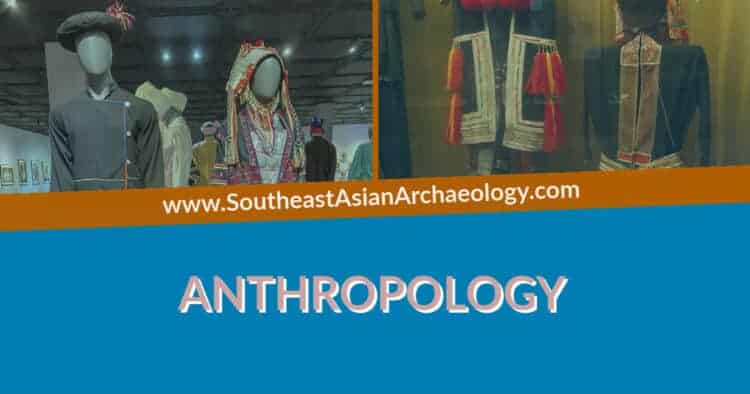The deadline is a little tight, but may be of interest to some readers. This thought-provoking workshop will explore the transformative potential of digital memory work with a particular focus on whether and how memory activists are able to circumvent the polarising effects of digital media.
Workshop at the University of Copenhagen, 15-16 June 2023 organised by Birgit Bräuchler (Department of Anthropology)
In many ‘post-conflict settings’, that is places where major conflicts, violence or wars have taken place in the past, performative and transgenerational remembrance are seen as pathways towards more peaceful futures. To facilitate transformation such memory work requires creative approaches that open up spaces for reflection, reconstruction and engagement, and it requires supportive wider contexts. Together, they allow for the negotiation of desired futures. Young people are significantly affected by contemporary conflicts. They are usually depicted as troublemakers or victims, but not peace agents. Yet, how they remember a violent past greatly contributes to a peaceful future. Most of them are part of what Marianne Hirsch has coined the ‘postmemory generation’, that is they were themselves not part of past violence and thus rely on mediation to connect to memories of those who were directly affected by it. At the same time, participatory digital media have become important memory tools. With our focus on transgenerational and performative memory work, we are interested in how young people who grew up during violent conflict or were born in its aftermath remember that violence. In particular, we are interested in how young actors creatively engage with memory, through social media and the creative means related to it. For these young people, the so-called ‘digital natives’, the digital is one important way how to express themselves. How do young people in (Southeast) Asia embrace, complement, challenge or reject national or international memory narratives through digital memory work? In this workshop, we want to investigate the transformative potential of digital memory work with a particular focus on whether and how memory activists are able to circumvent the polarising effects of digital media to remember in ways that allow them to envision and enact a peaceful future.
This workshop sets out to develop a comparative perspective on postmemory work and the digital, with a focus on (Southeast) Asia. To do so, we invite scholars who study and/or themselves engage in such transformative digital memory work. We are interested in analyses based on both empirical field research material, with a relevant regional focus, as well as conceptual reflections that resonate with the workshop themes, but have no specific regional focus. Depending on the response to this call, we hope to be able to work on a joint publication or develop a comparative research proposal on digital memory work in (Southeast) Asia. If this triggers your interest, please send abstracts of no more than 350 words and a brief biosketch of no more than 100 words to birgit.braeuchler@anthro.ku.dk, by 15 February 2023 the latest.














![[Call for Papers] Decolonization of Southeast Asian Studies](https://www.southeastasianarchaeology.com/wp-content/uploads/2024/07/logo-rcsd-full-120x86.png)










